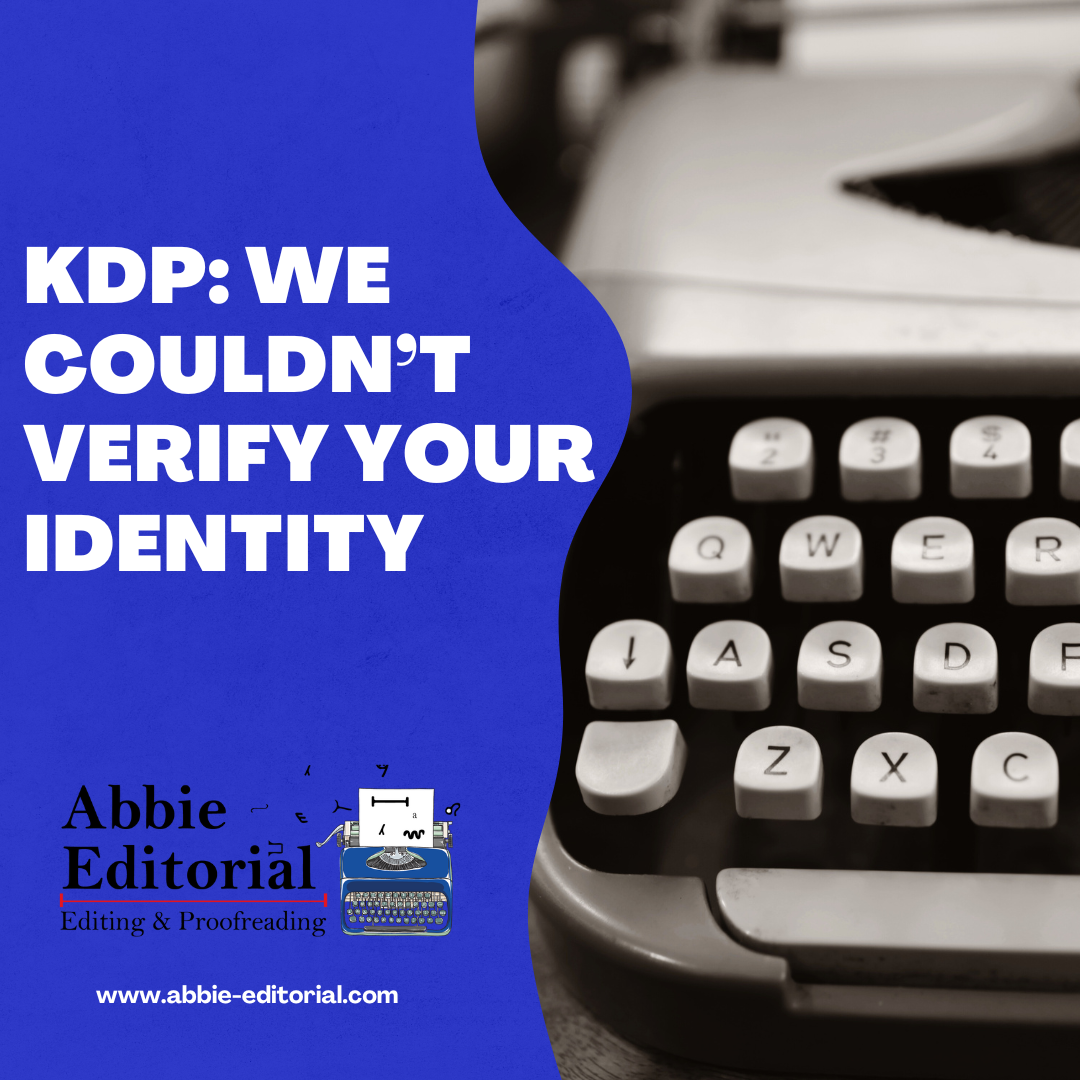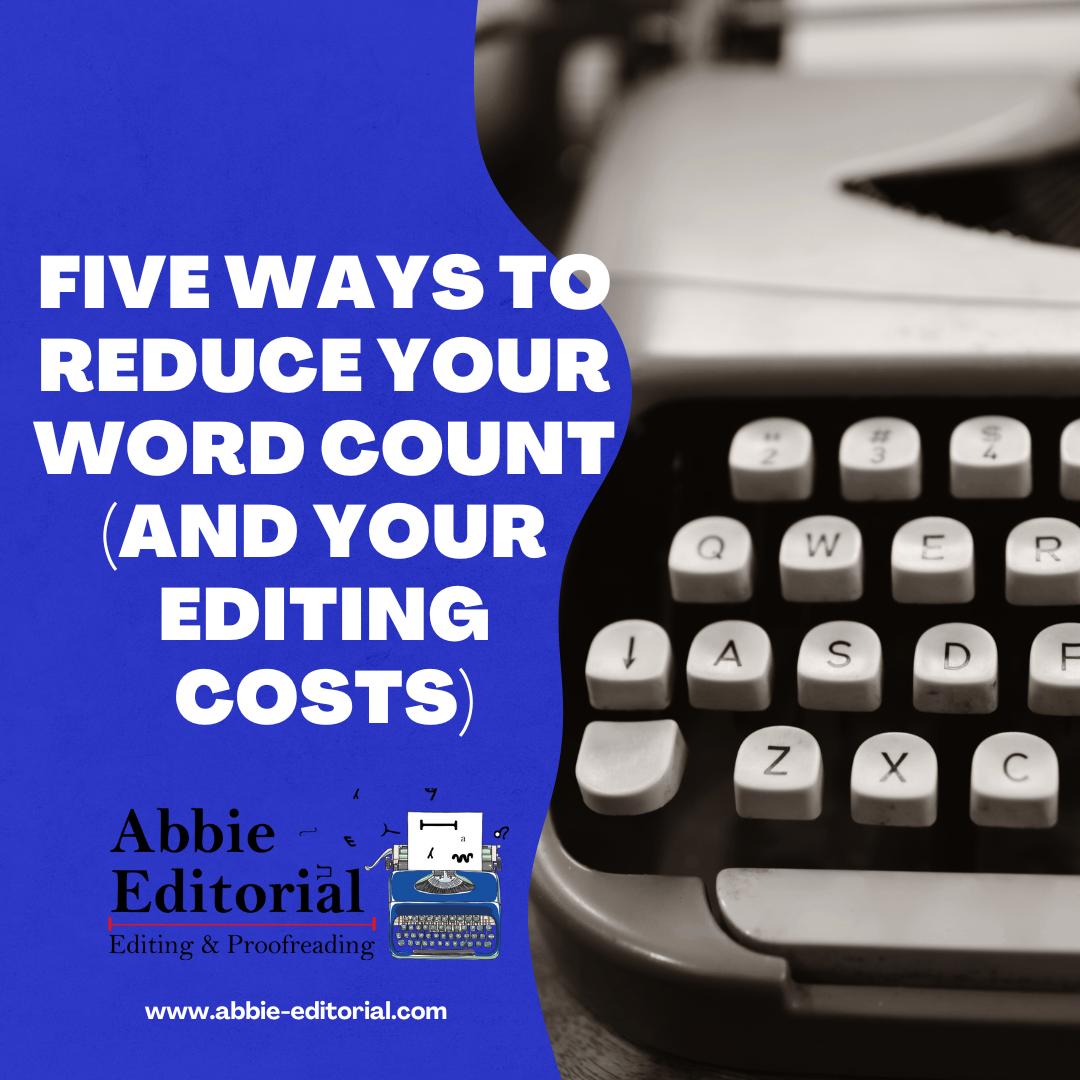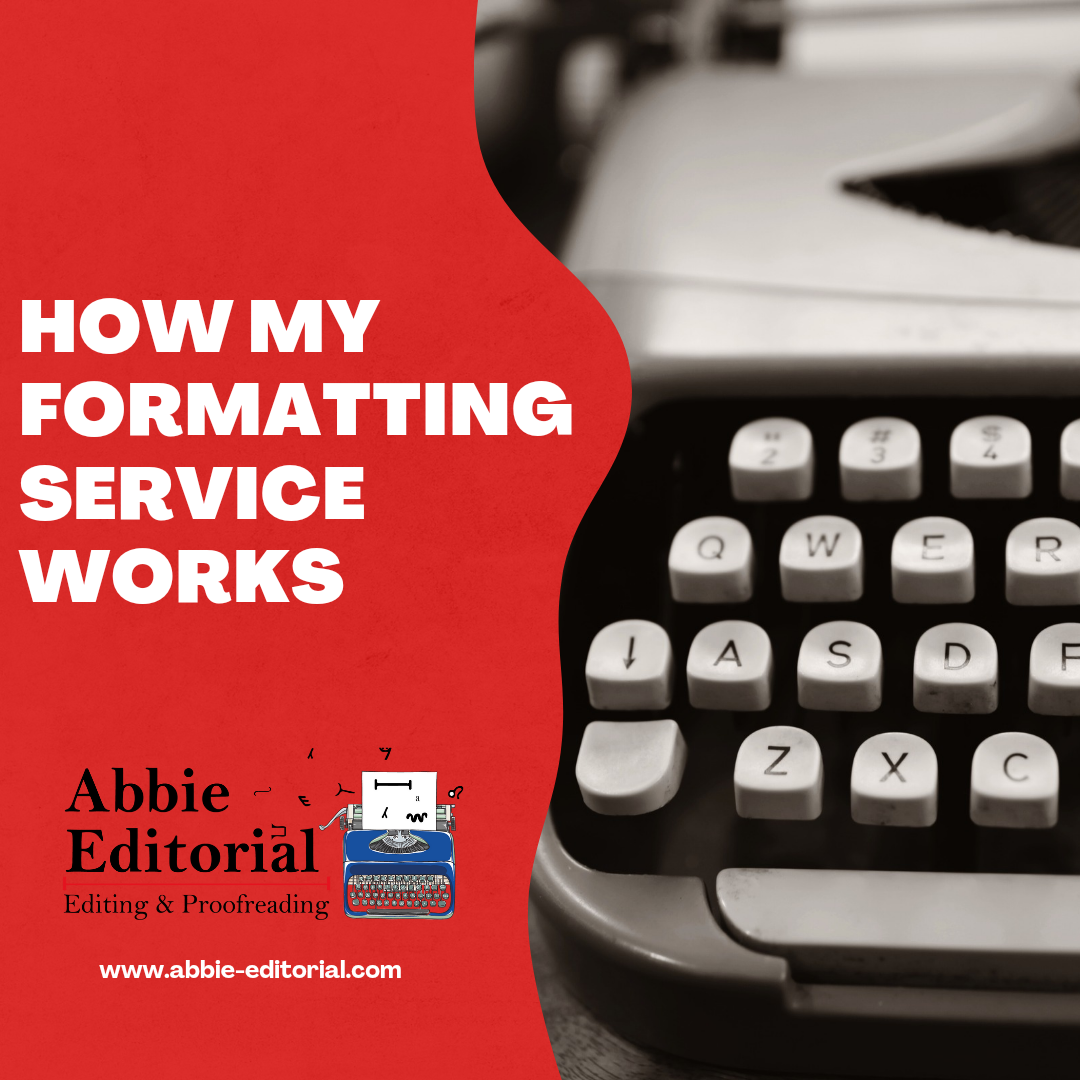What is (and isn't) a dialogue tag?

Writing fiction comes with a unique set of rules that writers of non-fiction don’t have to worry about: dialogue.
The punctuation of dialogue is probably the thing that trips writers up the most (I talk about this here), and the biggest cause of those issues is recognising what a dialogue tag actually is. I thought it might be worth posting some guidance on this.
How do you punctuate a dialogue tag?
A dialogue tag attributes speech to a character. This enables the reader to follow who is speaking. By far the most common dialogue tag is ‘said’. Seems pretty obvious, doesn’t it?
Tags are preceded by a comma, question or exclamation mark. And followed by any of these if they are used before the speech.
So:
‘This is an example,’ Thorin said.
Thorin said, ‘This is an example.’
‘This is an example!’ shouted Thorin.
‘Is this an example? asked Thorin.
They cannot be preceded or followed (when used before the dialogue) by a full stop:
‘This is an example of how not to do it.’ Said Thorin.
Thorin said. ‘This is an example of how not to do it.’
What is a dialogue tag?
Confusion often arises when writers try to determine what constitutes a dialogue tag, and this is where I see a lot of mistakes with punctuation.
Basically, a dialogue tag has to indicate that words are coming out of the character’s mouth. ‘Said’ is obvious, but you can also use the way words are being articulated. Some of these include:
whispered
shouted
bellowed
answered
replied
called
declared
muttered
mumbled
What they have in common is that they indicate the words left the character’s mouth or are a response to another character through the use of speech.
‘This is an example!’ Thorin shouted.
Thorin replied, ‘This is an example.’
What isn’t a dialogue tag?
Now, nothing is ever straight forward (especially when it comes to grammar and punctuation). Shrugging, for example, is a physical action that doesn’t involve a sound, so that’s easy to work out. It becomes confusing when the action the character does involves making a noise, such as laughing.
The following are NOT dialogue tags:
laughed/chuckled/giggled
nodded
sighed
grinned/smiled
Because the above aren’t dialogue tags, they need to be punctuated differently – with a full stop, question or exclamation mark. We don’t use a comma.
Correct:
‘This is an example.’ Thorin nodded.
‘This is an example!’ Thorin laughed.
Thorin laughed. ‘This is an example.’
Incorrect:
‘This is an example,’ laughed Thorin.
Thorin laughed, ‘This is an example.’
One way of working out if the auditory action your character is using is a dialogue tag is to try doing the action while speaking (probably best not to try this if you’re writing in a busy coffee shop). Try laughing out words. It’s not something we tend to do. If we have a fit of the giggles, we are likely to be unable to speak!










